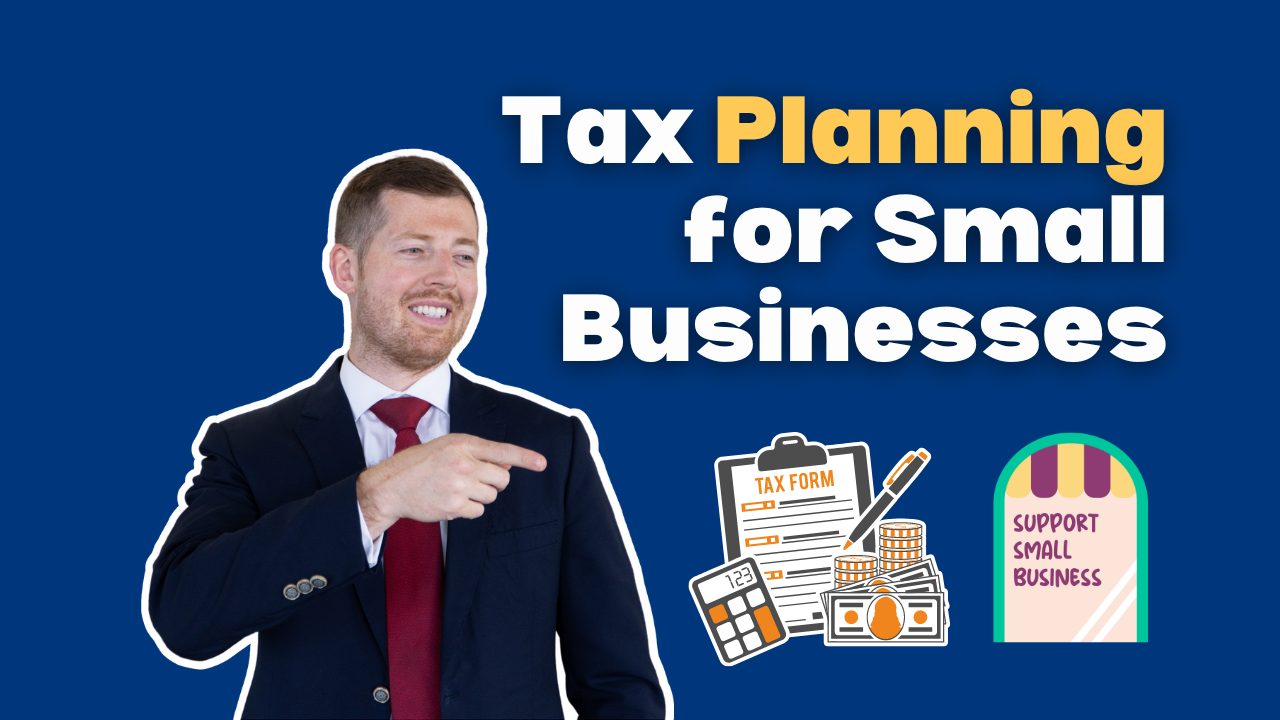Hello everyone! My name is Brandon, and I’m a financial advisor specializing in financial planning for small businesses in Canada. Since tax return season is coming up soon, I am going to share some tax planning tips that every small business owner should know to optimize their tax savings and reduce their tax liabilities.
Tip #1: Keep Accurate Records
The first tip is to keep accurate records of all business expenses and revenue. This will help you to claim all eligible tax deductions and credits when filing your taxes. You should also maintain a separate bank account and credit card for business expenses to simplify record keeping and prevent mixing personal and business finances. Also, it’s very important to keep receipts and invoices for all business expenses, such as office supplies, rent, utilities, and equipment purchases.
Tip #2: Take Advantage of Small Business Tax Deductions
The second tip is to take advantage of small business tax deductions. As a small business owner, you are eligible for several tax deductions that can significantly reduce your taxable income. These deductions include expenses such as office rent, business travel, office supplies, and salaries or wages paid to employees. To learn more about the tax deductions you are qualified for, you can visit the Government of Canada website. Be sure to consult with a tax professional to ensure that you are claiming all the deductions that you are eligible for.
Tip #3: Incorporate Your Business
The third tip is to incorporate your business. Incorporating your business can provide significant tax savings, as you will have access to additional tax deductions and credits. Additionally, incorporation provides limited liability protection, which can protect your personal assets in the event of legal action against your business.
Tip #4: Hire a Professional Accountant
The fourth tip is to hire a professional accountant. A qualified accountant is not very costly and can help you to navigate complex tax laws and regulations. They can also help you to identify opportunities for tax savings. Additionally, they can provide valuable advice on business structures, accounting systems, and other financial matters.
Tip #5: Plan for Retirement
The fifth and final tip is to plan for retirement. As a small business owner, you may not have access to a traditional pension plan, so it is important to plan for your retirement through personal investments, such as RRSPs, TFSAs, and individual pension plans. You can also take advantage of tax credits and deductions for retirement savings contributions.
Tax planning is an essential component of running a successful business in Canada. By keeping accurate records, taking advantage of small business tax deductions, incorporating your business, hiring a professional accountant, and planning for retirement, you can maximize your tax savings and reduce your tax liabilities. Keep in mind, the last day to file your taxes is April 30, 2023.
I hope that you found these tips helpful. If you have any questions or comments, please feel free to send me an email at hello@saasinsurance.ca.







